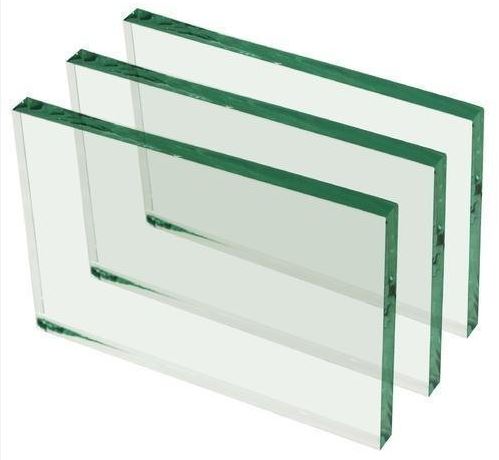Tel: 0129-4001010 Phone: +91 730 321 5033
Email: cs@absoluteveritas.com
BIS CERTIFICATION FOR SAFETY GLASS IS 2553 (PART 1): 2018
In today's competitive landscape, maintaining market presence without a certified, high-quality product can be challenging. Obtaining a BIS license may also be essential for selling products in the Indian market. To achieve BIS certification and ensure product quality, manufacturers must adhere to the specified Indian standards.
Lets delve deeper into IS 2553 (Part 1):2018 for Safety Glass.
Safety glass intended for architectural, building, and railway applications falls under IS 2553 (Part 1): 2018. This standard outlines the requirements, sampling procedures, and testing methods for safety glass used in various contexts, including window glazing, door construction, and railway coach installations.
There are Four types of safety glass are as follows:
1. Toughened Safety (tempered) Glass (TS)
2. Toughened-Float Safety Glass (TF)
3. Laminated Safety Glass (LS)
4. Laminated Float Safety Glass (LF)
Safety glass must be made from flat transparent glass of 'AA' and 'A' quality. The thickness of the safety glass must be in accordance with the standard and measured using the method specified in the standard. Safety glass made from AA or A quality sheet glass must not have defects greater than those specified for AA or A quality sheet glass.
TESTS
The subsequent test must be conducted for safety glass.
-
Fragmentation test
-
Resistance to shock test
-
Light stability test
-
Boil test
-
Fracture and adhesion test
-
Dimensional and visual tests such as thickness
Tests outlined in the standard must be conducted following the procedures delineated in the specification within a suitably equipped and adequately staffed laboratory.
Packaging and labeling must align with the relevant standards. Each packet should bear the information outlined in the standard. Additionally, the standard mark (ISI Mark) must be affixed to every piece of safety glass meeting the specified requirements. To utilize the standard mark (ISI Mark), manufacturers need to acquire a BIS license from the Bureau of Indian Standards. This license is granted following a thorough evaluation of manufacturing infrastructure, quality control, testing capabilities, and production processes.
PROCESS FOR BIS ISI MARK CERTIFICATION

BIS CERTIFICATION PROCESS
Acquiring a BIS license requires a comprehensive review of manufacturing infrastructure, quality control abilities, testing resources, and production procedures. This thorough assessment guarantees that products not only adhere to regulations but also prioritize consumer safety and reliability.
NOTE:
For comprehensive guidance on the BIS ISI Certification process, please explore:
WHY USE ABSOLUTE VERITAS?
Absolute Veritas is a prominent organisation from the private sector of India primarily dealing with the Inspection, Testing, Audits, Certification of products& consulting services to various industries in India and worldwide, ensuring compliance with regulatory standards and industry requirements. Offering a comprehensive range of services including product certification, testing, training, auditing, and compliance services, Absolute Veritas helps manufacturers and importers achieve higher production efficiency and quality standards.
Absolute Veritas (AV) will handle end to end pre-registration request, sample preparation, documentation, testing and application process for FMCS Certification
For any questions regarding the most recent update on FMCS registration licenses, please reach out to us via email at cs@absoluteveritas.com



